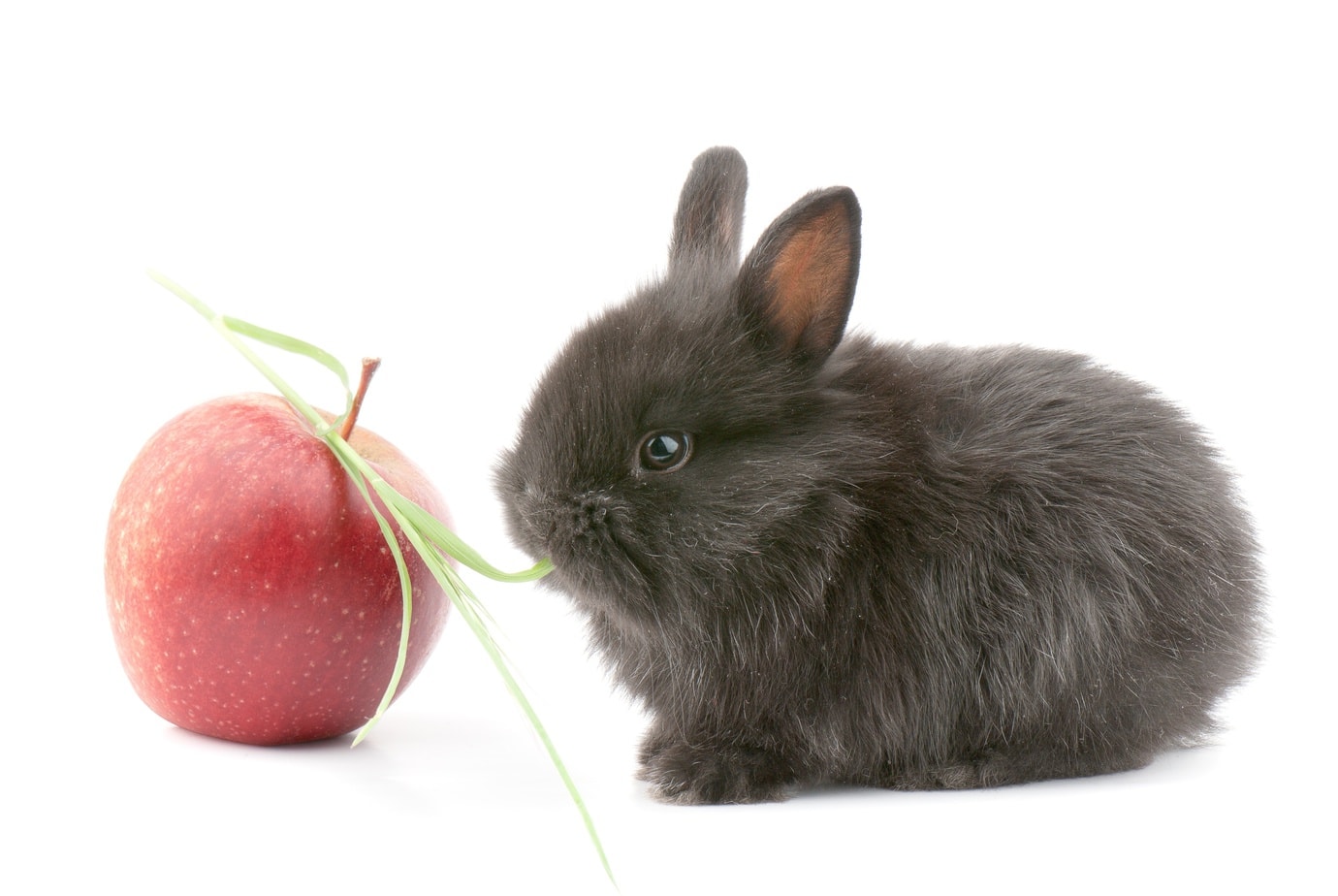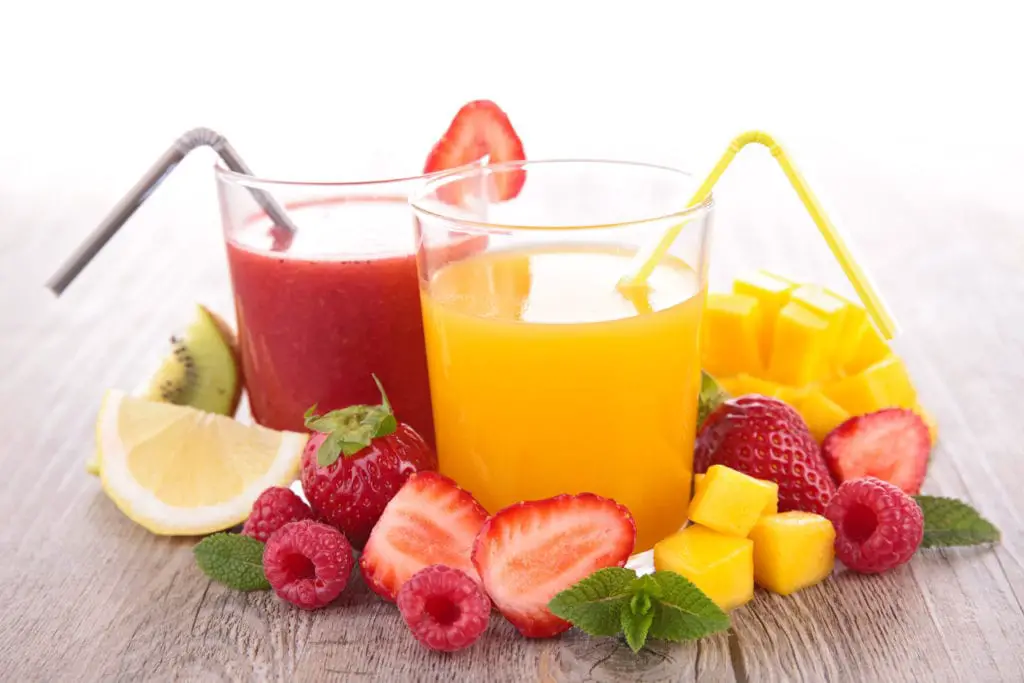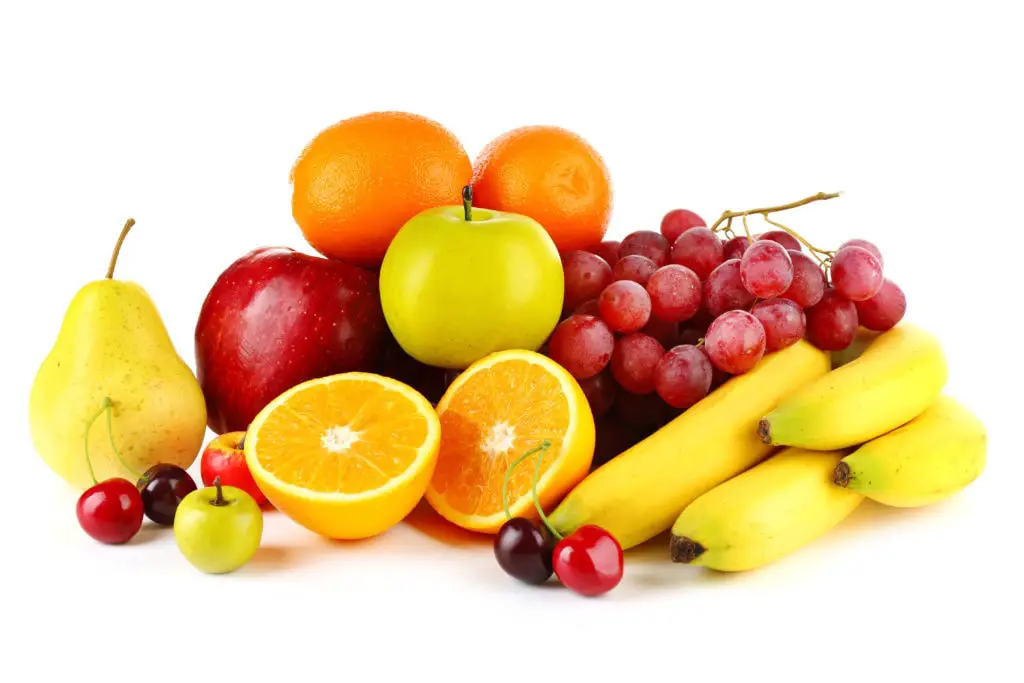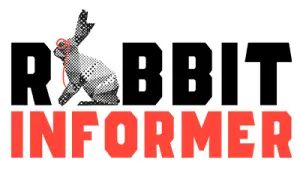
Even though rabbits are herbivores and love many kinds of fruit, pet owners should do some research beforehand. Fruit juice can be a great incentive and treat for your cotton-tailed friend, but to keep your pet healthy, you’ll need to know the limits.
Fruit juice made from apples, oranges, grapes, and pineapple can be given to rabbits, but it should be diluted with water and only used occasionally. The high sugar and acid content of fruit juice isn’t healthy in large quantities.
Rabbits absolutely adore fruit as a snack or treat as fruit is quite similar to candy for these pets. A little bit is fine, but a lot will give them a stomachache and digestive problems. This might even make them stop eating their healthy food! In this article, we’ll discuss some safe ways to incorporate a bit of fruit juice into your rabbit’s diet.
Fruit Juice Safety Guide For Rabbits
The majority of any rabbit’s diet should be hay and nutritionally balanced food pellets. To find out more about how to go about feeding your rabbit pellets, see this article also on this site. This kind of low-sugar/ high-fiber diet is great for their health. Fruits and vegetables should be used as an occasional treat (usually once or twice a week).
Fruit juice is certainly appealing to rabbits because they love anything sweet and easy to eat/drink. The danger of juice is that it has a much higher concentration of sugar and acid than a raw piece of fruit, and it also has less fiber.
There are a few safety guidelines rabbit owners should follow when deciding when/if you should add fruit juice to your rabbit’s regular diet.
First of all, make sure your rabbit is old enough to handle it. Wait until your rabbit is at least 3 months old before you introduce fruit (or fruit juice) into their diet. Baby rabbits need as much nutrition as possible and their digestive systems usually aren’t developed enough to handle all the sugar and acid that fruit has.
Once they’re old enough, rabbits can eat a wide variety of fruits and vegetables. Many of these have some kind of juice counterpart that rabbits might also enjoy. Juice made from apples, oranges, grapes, and pineapple is the most common ones, although you should use the juice of any rabbit-safe fruit as long as you monitor the amount.
DID YOU KNOW? Even though rabbits eat leafy greens in the wild all day long, one favorite staple of the modern pet rabbit, lettuce, can be harmful to your rabbit if eaten in too large of quantities. Find out what types of lettuce are best for your pet rabbit and how much of it they should eat here.
Next, there’s the matter of juice delivery. Most rabbits would love to slurp down pure and undiluted fruit juice, but that’s where pet owners need to intervene! For their own good, we can’t just let rabbits eat as much junk food as they want.
Generally speaking, 1 Tablespoon is the maximum amount of juice a rabbit should be given at a time. This should be watered down unless you’re giving juice under specific directions from a veterinarian. Usually, a ratio of 6 parts water to every 1 part juice will work well.
Finally, you should make sure you’re using 100% pure fruit juice whenever you give it to your rabbit. This helps eliminate any extra additives such as extra sugar, preservatives, or chemicals that might be harmful to them.
Health Risks And Benefits Of Fruit Juice

As discussed above, fruit juice is a double-edged sword for rabbits. They absolutely love it, and it can be a good way to add some extra vitamins and trace elements into their diet. But on the other hand, it has a high sugar and acid content and doesn’t have any fiber.
Rabbits have very delicate digestive systems, and fruit juice can sometimes give them stomach pains, digestive problems, lack of appetite, and soft stools. They can also become preferential toward juice and ignore water or their healthier foods.
On the other hand, rabbit owners can use this preference to their advantage! Dehydration is a common problem faced by domestic animals. As the saying goes, “You can lead a horse to water, but you can’t make it drink.” The same can be said of rabbits.
However, mixing a bit of their favorite juice into the water is a great way to promote better drinking habits. It’s like Vitamin Water for rabbits! You can also try spraying a mixture of juice and water over their healthy food (like hay and pellets) to get them to pay attention to the necessities. A little bit of sugar-coating can go a long way!
You shouldn’t do this constantly, as the sugar can add up over time. Try to wean the rabbits off of the juice mixture bit by bit so they don’t become dependent on it. But if you need to incentivize better drinking habits or spice up mealtime a bit, fruit juice can be a great option.
Some juices have specific benefits as well. For example, pineapple juice is sometimes recommended by veterinarians when rabbits are constipated. The acid content and nutritional structure have been known to help break down hairballs and stubborn food in the digestive tract.
Safe Fruits For Rabbits

Rabbits survived in the wild for a long time before humans domesticated them. That means that they can eat several naturally-occurring foods (although sometimes owners need to prevent them from going overboard on the sweets!)
Fruits that are safe for rabbits to eat include:
- Apples
- Apricots
- Bananas
- Blackberries
- Blueberries
- Currants
- Cherries
- Grapes
- Kiwis
- Mangoes
- Melons
- Nectarines
- Papaya
- Peaches
- Pears
- Pineapple
- Plums
- Oranges
- Raspberries
- Starfruit
- Strawberries
- Tomatoes
- Watermelon
There are also a couple of fruits that rabbits should stay away from. These don’t usually come in the form of juice, but just to be safe, make sure you don’t feed your rabbit any avocado or rhubarb. These are both toxic to rabbits.
If you have any of these plants in your yard, make sure the rabbits stay away from them, as even the plants themselves can be dangerous, not just the fruit.
Each of these fruits in the above list should only be given to your rabbit in small quantities, and should mainly be used as a snack. Again, hay is the foundation of a healthy rabbit diet! This needs to be the main food for your pet to ensure the best possible health for your rabbit.
